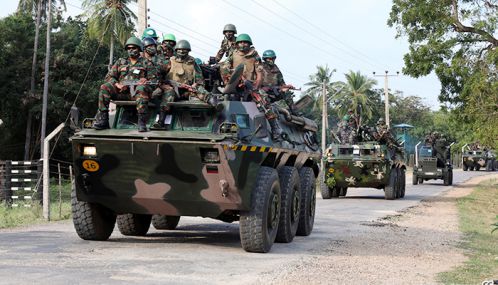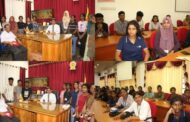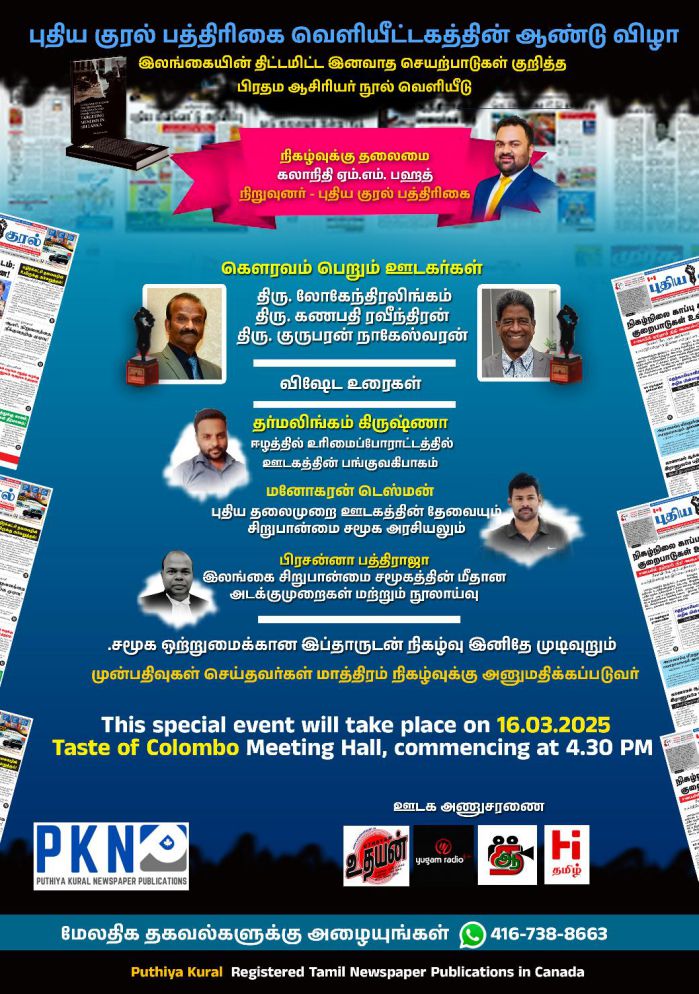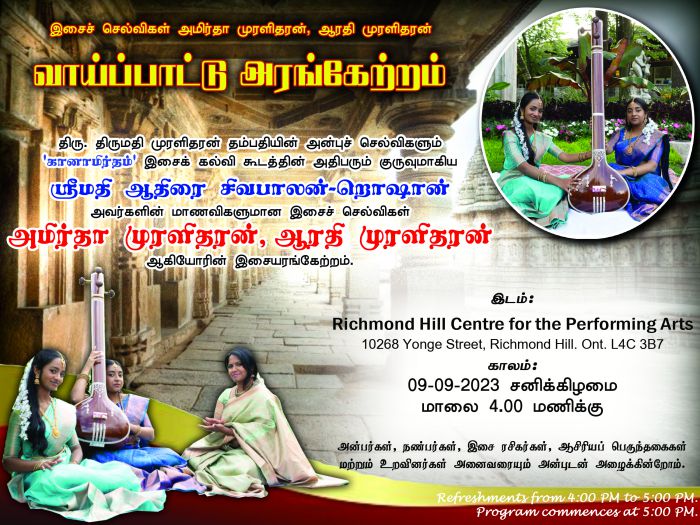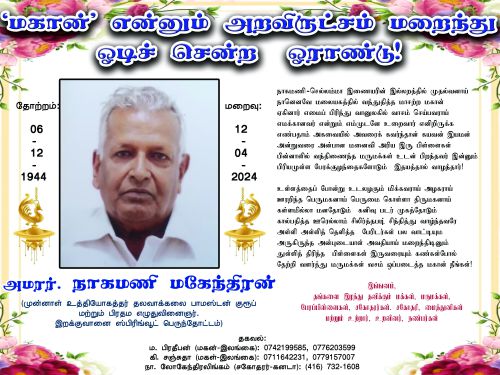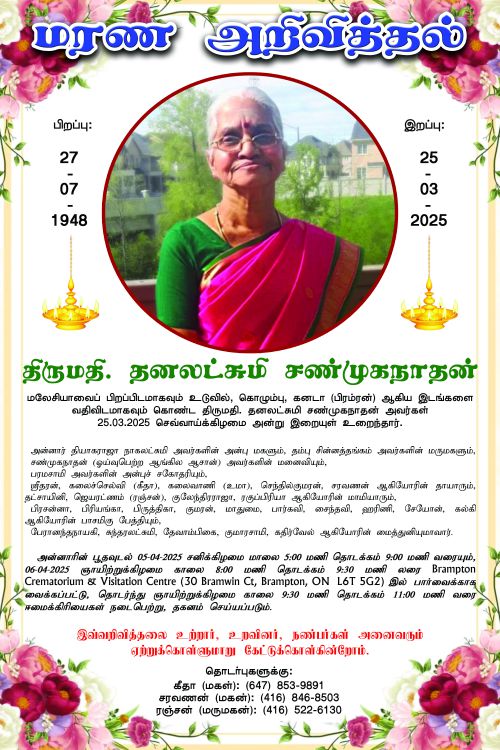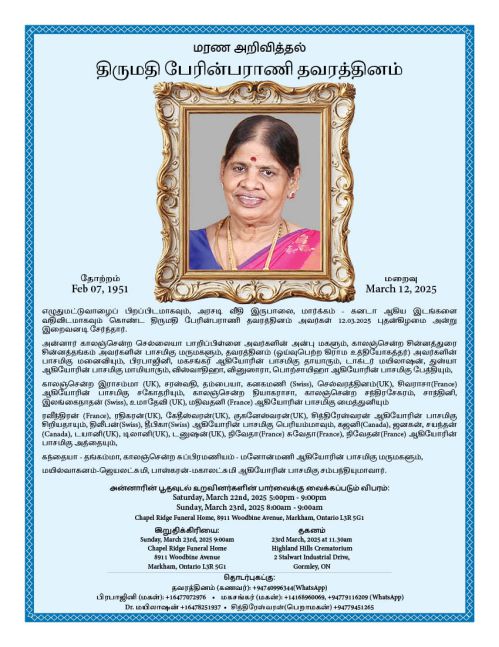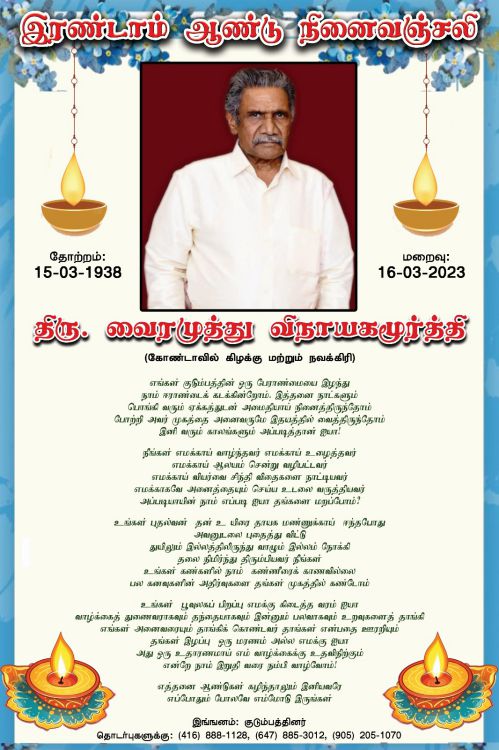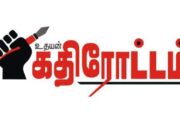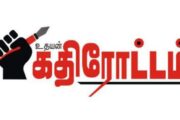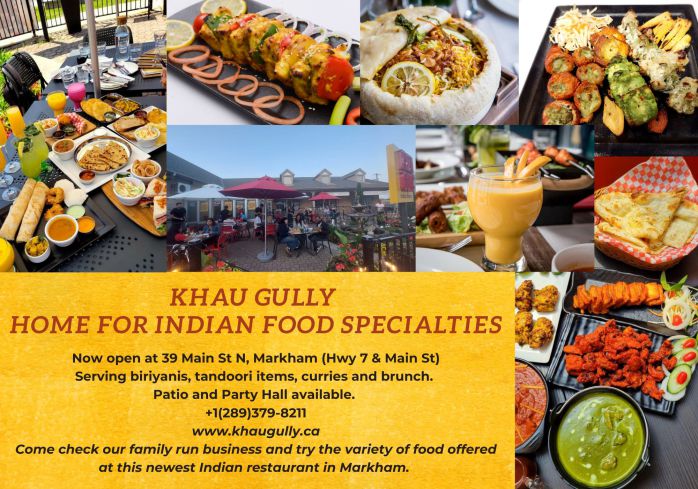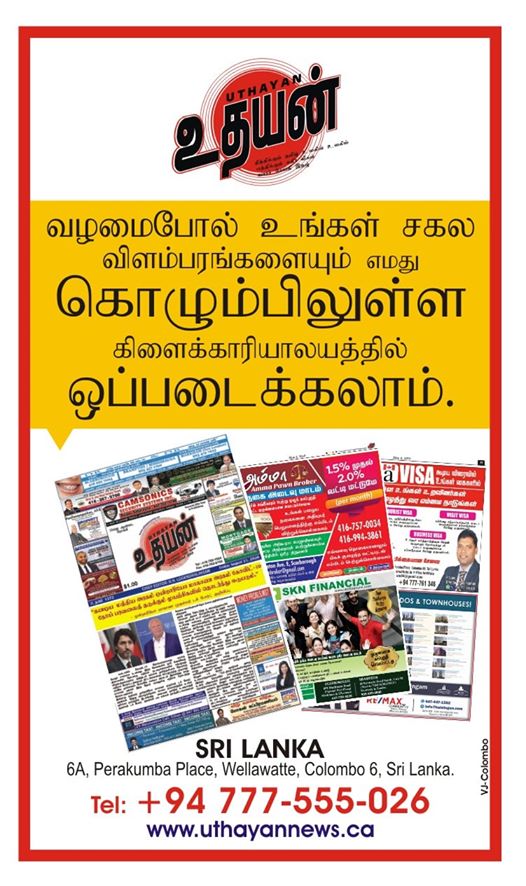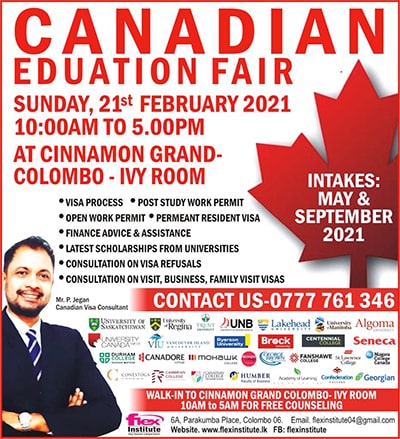Siva Parameswaran
Is a Military Government suitable for Sri Lanka?
At least a third of its citizens feel so, if a survey done by the Open Society Foundations is to be believed.
Regarding the question if army rule is a good way of running a country, 34% of Sri Lankans surveyed agreed with it, although the details of the sample size and its breakup are not known.
Egypt tops the chart for that question with a rating of 63% indicating that over two-thirds of the countrymen favour military rule.
“Authoritarianism appeals to some, especially the young. Just 57 percent of 18 to 35-year-olds think democracy is preferable to any other form of government, compared to 71 percent of older respondents”, the survey says.
Mark Malloch-Brown, President, Open Society Foundations in his foreword to the report although has emphasized the reports of democracy’s demise are greatly exaggerated.
“In fact, it has a strong pulse. And the gravest threat it faces is not the rival appeal of authoritarianism but rather the question of whether democratic leaders can deliver for their populations. People want to believe in open societies in which checks on power, pluralistic and independent institutions, minority protections, and individual rights enable all to participate. But the evidence of that model improving their lives is all-too-patchy”.
People in Sri Lanka believe Economic and Social rights matter to them more than Civil and Political Rights according to the survey.
The Economic and Social rights mattered most to 43% of Sri Lankans while those favouring Civil and Political Rights stood at 31%.
“The perception that civil and political rights are prioritized in high-income countries and economic and social rights are prioritized in middle- and low-income countries does not appear to hold true. When asked to choose from a list, 41 percent of respondents globally said the rights to food, housing, education, health, and social security were the most relevant to them”, the authors said in their analysis.
An overwhelming 71% of Sri Lankans among those surveyed want countries to open more safer and legal routes for refugees. It is surprising in the survey that the same number of Indians have replied similarly.
Nearly half of those surveyed in the island nation believe China’s rise will have a positive impact on their country, while the survey predicted by 2030 China will be the most influential nation on the globe followed by the United States with 32% and 26% respectively.
Sri Lanka is almost on par with the global rating on the Human Rights aspect of this survey with 74 percentage points.
“Corruption is seen as the biggest national problem. When asked about the most important challenge facing their country, respondents chose corruption. Trust in national and local politicians was low in most of the countries polled” the survey found.
Political violence issue also finds a place in the survey. “Political violence is a palpable fear. Fifty-eight percent and majorities in 21 of the countries polled are worried that political unrest in their countries could lead to violence in the next year”.
The survey says only 14% of Sri Lankans trust national politicians to work in their best interests; which is topped by China where the response is 76% followed by Bangladesh.
The Open Society Foundations surveyed 36,344 respondents across 30 countries. However, the country-specific sample size has not been revealed in respect of each country.
“In each country, we aimed to survey a statistically representative sample of 1,000 people aged 18 and older. Some countries, due to polling limitations or smaller population size, had a lower sample size”.
Respondents were asked 45 questions out of which 43 were asked globally and two of which were specific to the region where the respondent was from. The questions asked in the survey were based on themes including international finance and debt, human rights, international solidarity, governance, and global challenges.
The survey report is authored by Chanu Peiris and Natalie Samarasinghe.


